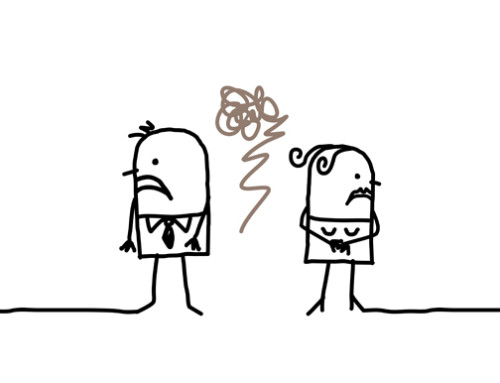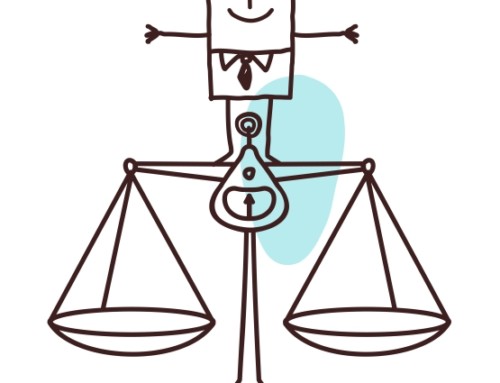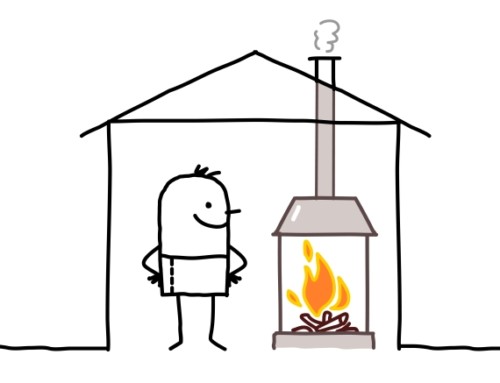In this article, I discuss how using four core interviewing skills can facilitate positive relationships with people in both therapeutic and non-therapeutic settings.
Estimated reading time: 3 minutes.
Much of my work with clients entails interviewing them. This not only helps me to gather information necessary to understand them and their issues. The way I interview clients also helps me to build effective working relationships with them. It is based on four interviewing skills which can also be helpful in building relationships with people in settings outside of therapy. I will discuss these skills in the following sections.
The meaning of OARS
OARS stands for four core interviewing skills which include asking open-ended questions, making affirming statements, making reflections following answers and discussions by the client, and making summary statements. The following is a discussion of each of these core interviewing skills.
Asking open-ended questions
Interviewing clients tends to be more effective if the questions are predominantly open-ended rather than closed-ended. Open-ended questions invite the interviewee to discuss an issue for some time whereas closed-ended question seek a short-answer—often a one-word answer.
Asking a person to talk about themselves, express an opinion on an issue or discuss an experience in their life are examples of open-ended questions. Closed-ended questions are typically information-gathering inquiries such as asking a client their age or occupation or how often the problem for which they are seeking help occurred during the last week.
Although closed-ended questions can be helpful in collecting information about the person, open-ended questions typically are more effective in getting to know them as well as in building an effective and trusting working relationship with them. A major reason for this is that open-ended questions invite the interviewee to engage in self-disclosure which helps to promote closeness in relationships.
This is not only helpful during interviews in therapy sessions. It can also be effective in getting closer to people in non-therapy contexts such as when you are getting to know someone at work or at a social function or even when talking with people who you already know well such as friends, family members or a relationship partner. Asking open-ended questions of people in these non-therapy situations can help your relationships with these people become closer.

Making affirming statements
Asking open-ended questions sets the stage for using the second core interviewing skill—making affirming statements. This entails pointing out something positive which you noticed about what the person said or did.
Not surprisingly, asking open-ended questions gives the interviewer greater opportunity to make affirming statements given the expansive responses typically engendered by such questions. Also not surprisingly, making affirming statements helps to build a positive relationship with the person about whom the interviewer makes such statements. In therapy, the relationship between the therapist and client is therefore strengthened using affirming statements. However, using affirming statements in non-therapy conversations can also strengthen your relationships with people you are getting to know or who you already know well.
Making reflections based on what you heard
Making reflections during an interview involves stating what you understand the other person to have said or implied by what they said. A key part of what is often referred to as ‘active listening’, reflections engender positive relationships in therapy largely because they show the client that the therapist has listened carefully to what they have said.
In turn, the client is likely to feel that the therapist understands their point of view—in other words, that they are empathic. Just as with asking open-ended questions and making affirming statements, making reflections in non-therapy conversations can also facilitate closer relationships by conveying that the person is empathic and a good listener.
Making summary statements
When an interviewer makes a summary statement, they make sense of a range of the interviewee’s responses by identifying thematic ways that they fit together. For example, a therapist interviewing a depressed client may point out near the end of a session the various factors the client discussed which contribute to their issue.
Making summary statements thereby engenders positive relationships by helping the interviewee gain greater understanding and insight. Relationship-building is also facilitated by the client appreciating the active listening required of the therapist to make such summary statements.
Just as with asking open-ended questions, making affirming statements and making reflections, making summary statements in non-therapy conversations can also facilitate closer relationships by conveying that the person is empathic and a good listener
So, whether you are interviewing someone in a professional context or having a conversation with someone in a social setting, remembering to use your ‘OARS’ will help you to row, row, row your way to positive relationships.
May you use core interviewing skills to build positive relationships professionally and socially,
Dr. Pat






Leave A Comment